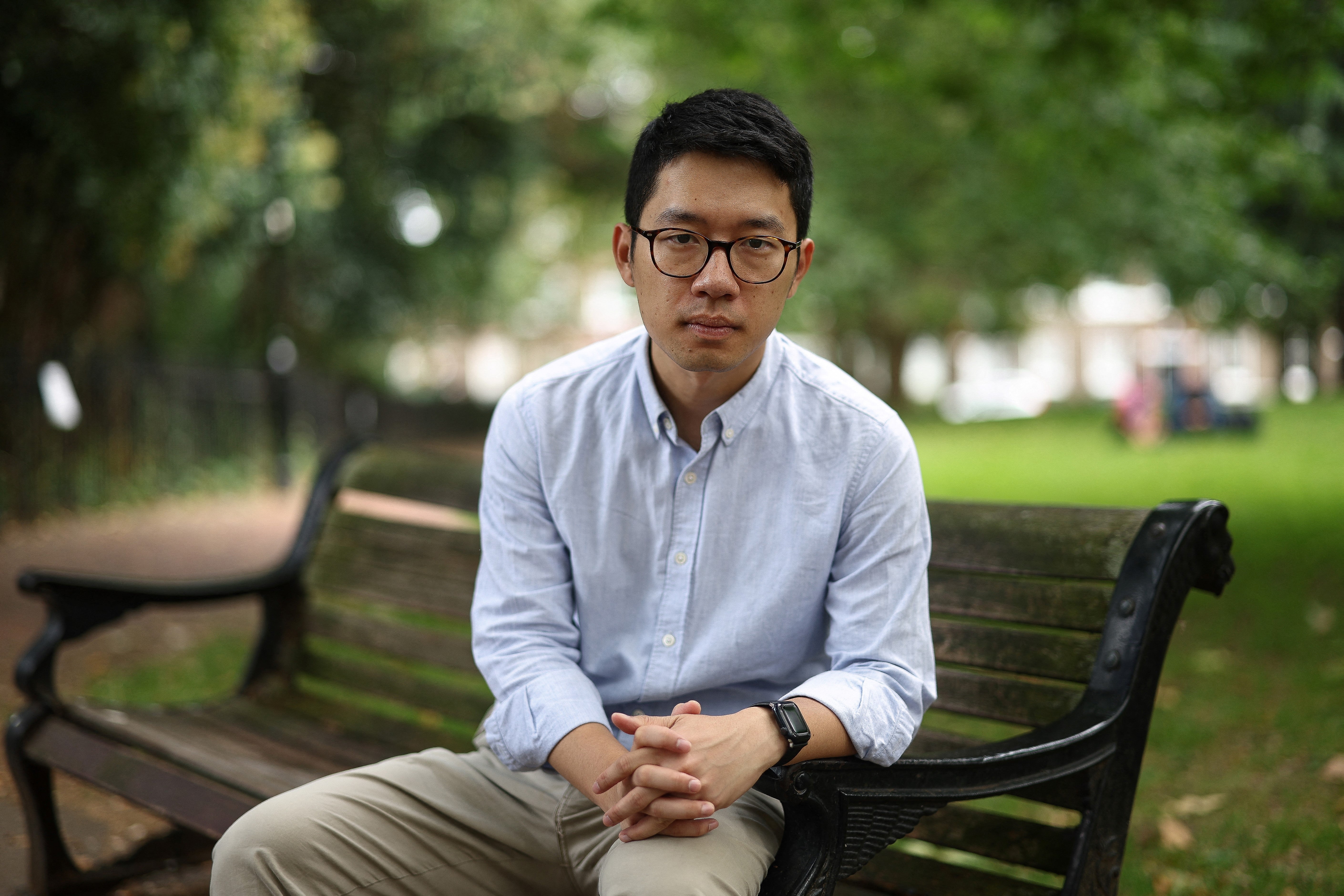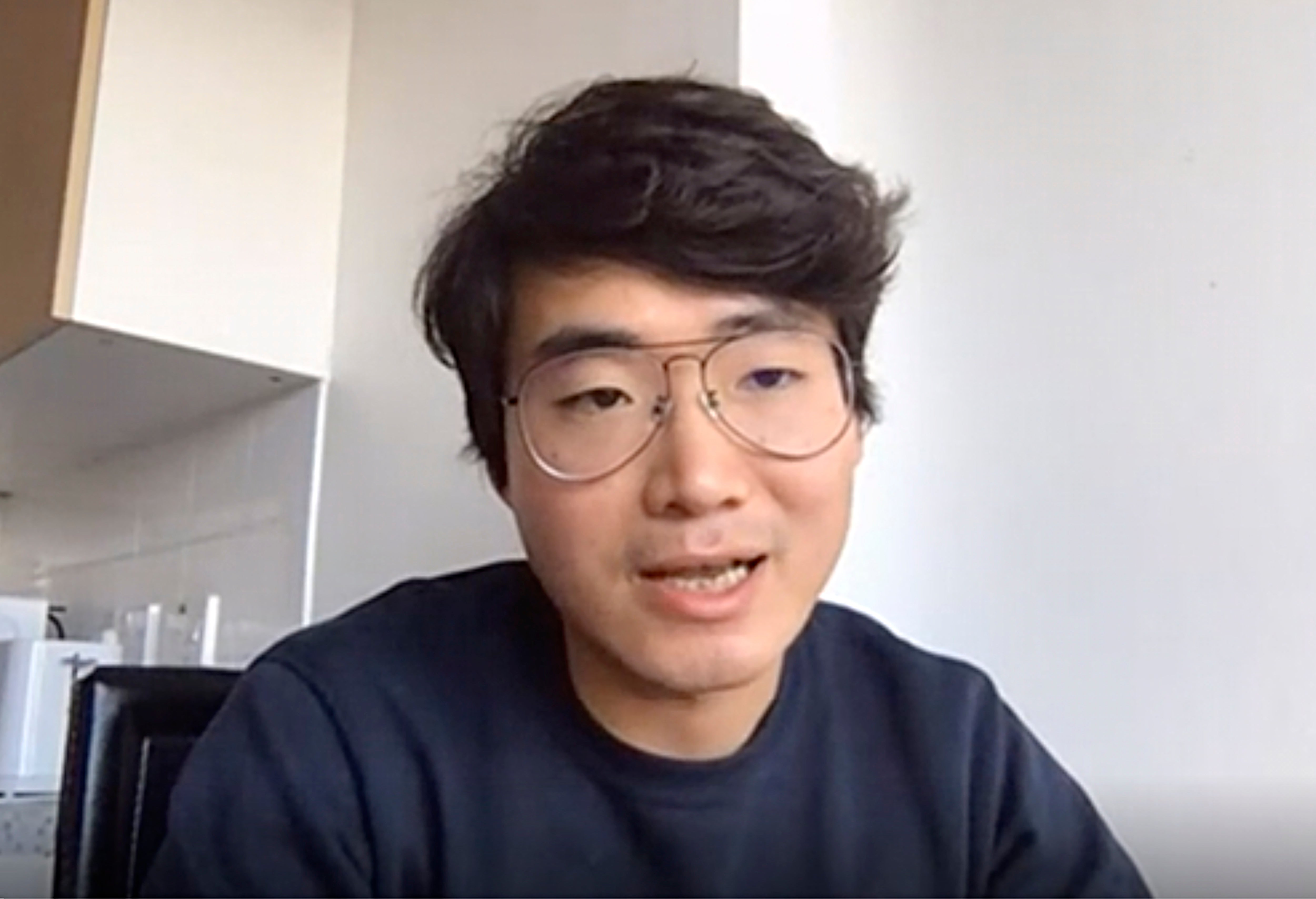Hong Kong cancels passports of pro-democracy activists
Hong Kong also bans providing funds or leasing properties to six overseas activist and announces penalty and prison term for such activities
Your support helps us to tell the story
From reproductive rights to climate change to Big Tech, The Independent is on the ground when the story is developing. Whether it's investigating the financials of Elon Musk's pro-Trump PAC or producing our latest documentary, 'The A Word', which shines a light on the American women fighting for reproductive rights, we know how important it is to parse out the facts from the messaging.
At such a critical moment in US history, we need reporters on the ground. Your donation allows us to keep sending journalists to speak to both sides of the story.
The Independent is trusted by Americans across the entire political spectrum. And unlike many other quality news outlets, we choose not to lock Americans out of our reporting and analysis with paywalls. We believe quality journalism should be available to everyone, paid for by those who can afford it.
Your support makes all the difference.Hong Kong’s security minister on Wednesday cancelled the passports of six wanted overseas activists, using powers granted under the city’s national security law.
The move is seen as stepping up Hong Kong’s crackdown against dissidents who moved abroad.
Among them were former pro-democracy lawmaker Nathan Law, unionist Mung Siu-tat and activists Simon Cheng, Finn Lau, Johnny Fok and Tony Choi. All of them are accused of endangering national security by authorities and the government has declared them to have "absconded" to the UK.
Last year, police declared a bounty of HK$1m (£100,000) accusing them of offences under domestic national security law.
Besides cancelling their passports, the authorities have also banned anyone from providing funds or economic resources to the six, leasing properties to them or forming any joint venture with them, among other restrictions. Doing so without authorisation would carry a penalty of up to seven years in prison.
Secretary for security Chris Tang said the government acted against them because the six were continuing to engage in “activities that endanger national security”.
“They also make scaremongering remarks to smear and slander the Hong Kong Special Administrative Region (SAR).

“These six named absconders were given shelter in the UK and have continued to collude with external forces to engage in activities that endanger the security of Hong Kong and our country,” he told a media briefing, according to the South China Morning Post.
“These measures are intended to respond to, crack down on, deter and prevent these absconding behaviour.”
Mr Tang, when asked whether subscribing to the activists’ accounts on Patreon and YouTube is illegal, said anyone who provides funds to them would be seen as violating the rules. “It doesn’t matter which platform it is. As long as they are providing or assisting them in handling the funding, [they] will be subject to criminal sanction.”
The measures were taken under the new powers granted by Hong Kong‘s homegrown national security law enacted in March.

However, Law took to X, calling out the government’s move saying that he never owned a Hong Kong passport, so "it is ridiculous to cancel something that never exists”. He said the latest measure is an act of transnational repression, but that it would not deter him from advocating for human rights and democracy.
"Such a deployment of Hong Kong Article 23 ordinance is an explicit act of transnational repression and another breach of the Sino-British Joint Declaration," Lau said, referring to the Safeguarding National Security Ordinance that was enacted in March.
Beijing imposed a similar national security law on the territory in 2020 that has effectively wiped out most public dissent following huge anti-government protests in 2019.
This "does not deter me from advocating human rights & democracy”, Law added.
Additional reporting by agencies

Join our commenting forum
Join thought-provoking conversations, follow other Independent readers and see their replies
Comments